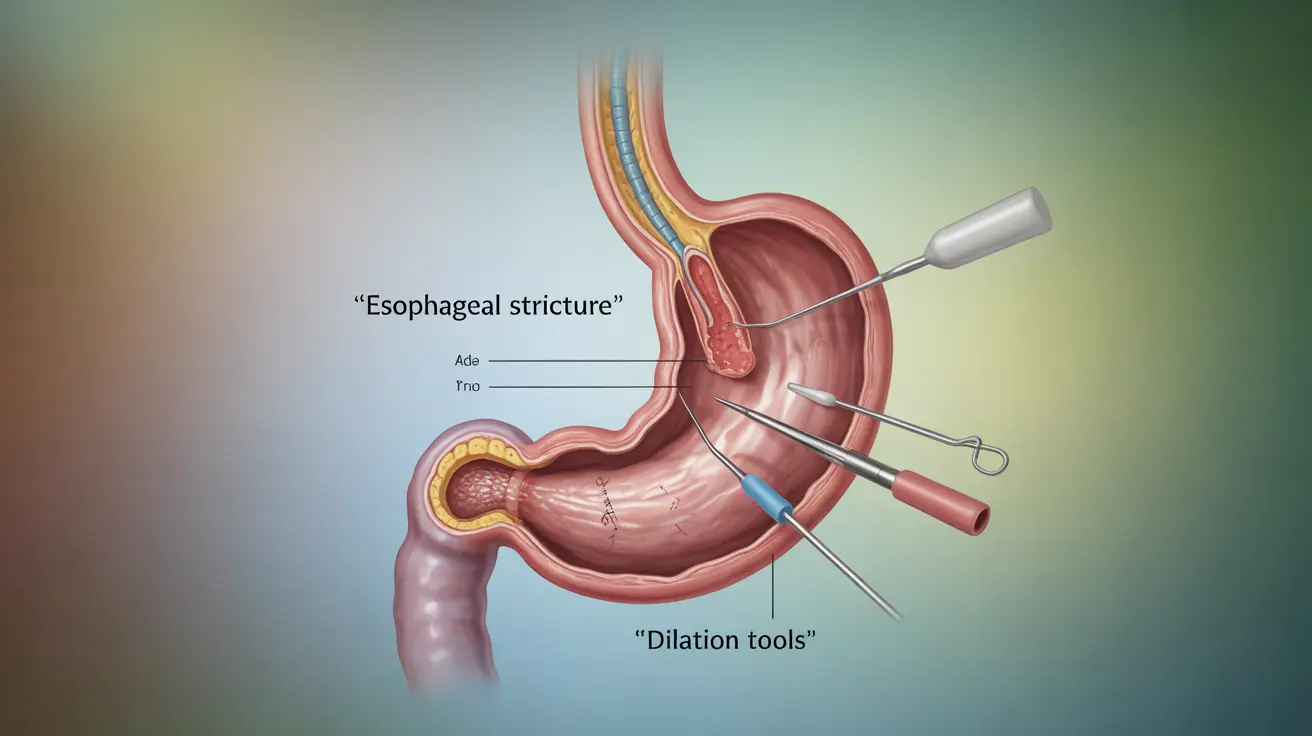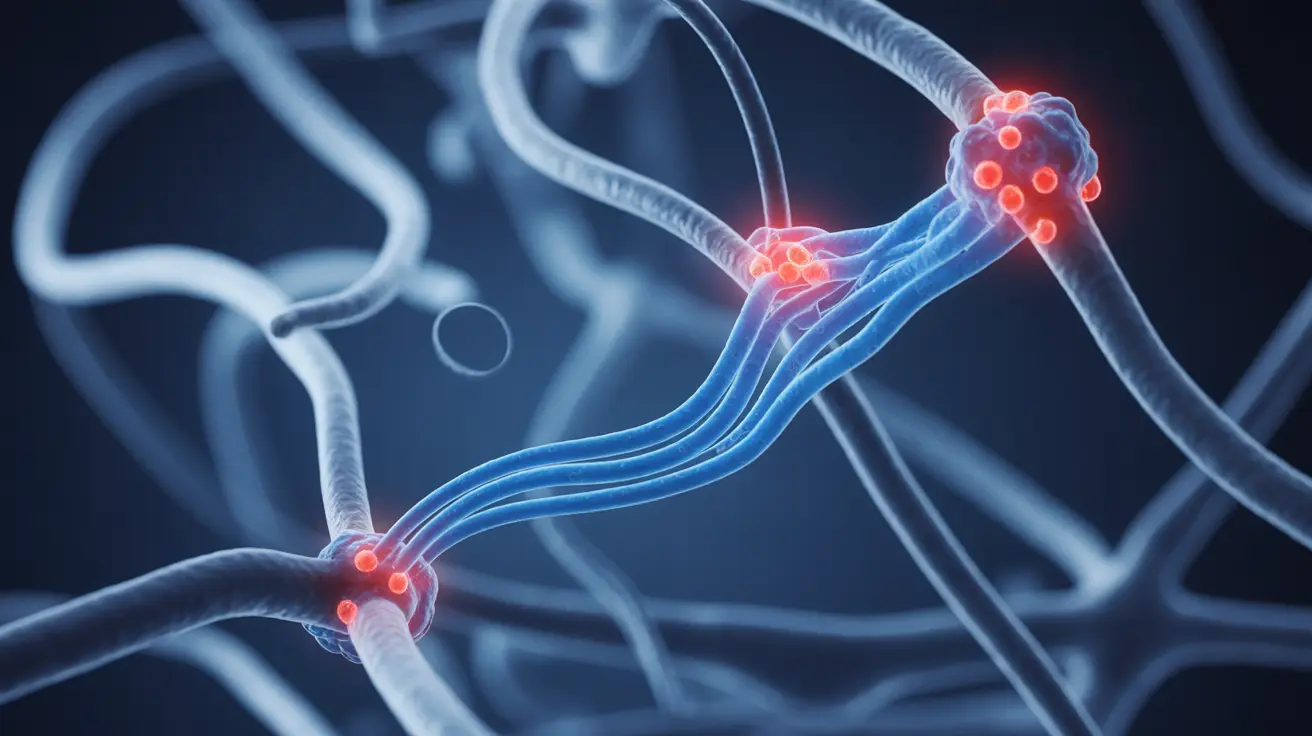Living with Attention Deficit Hyperactivity Disorder (ADHD) presents unique challenges in daily life, but brain training offers promising solutions for managing symptoms and improving cognitive function. This specialized approach to cognitive enhancement has gained attention for its potential to help individuals with ADHD develop stronger attention, memory, and executive function skills.
Understanding how ADHD brain training works and its benefits can help you make informed decisions about incorporating these techniques into your ADHD management strategy. Let's explore the science behind brain training and how it can support better cognitive performance for those with ADHD.
Understanding ADHD Brain Training
ADHD brain training encompasses specialized exercises and activities designed to strengthen cognitive skills that are typically challenging for individuals with ADHD. These exercises target specific areas of brain function, including attention span, working memory, and processing speed.
Unlike traditional ADHD treatments, brain training focuses on building fundamental cognitive skills through repeated practice and structured challenges. This approach aims to create lasting improvements in brain function rather than temporarily managing symptoms.
Core Components of ADHD Brain Training
Working Memory Exercises
Working memory training helps individuals hold and manipulate information in their minds. Common exercises include:
- Sequential memory games
- Pattern recognition tasks
- Number and letter sequence challenges
- Dual n-back exercises
Attention Training
Specific activities designed to improve focus and sustained attention include:
- Visual tracking exercises
- Selective attention tasks
- Continuous performance tests
- Meditation and mindfulness practices
Processing Speed Enhancement
Activities that help improve information processing and reaction time include:
- Rapid visual processing tasks
- Quick decision-making exercises
- Time-pressure challenges
- Response inhibition training
Scientific Evidence and Effectiveness
Research indicates that consistent brain training can lead to improvements in cognitive function for individuals with ADHD. While results vary among individuals, studies have shown positive outcomes in areas such as sustained attention, working memory capacity, and executive function.
It's important to note that brain training works best as part of a comprehensive ADHD management plan, which may include medication, behavioral therapy, and lifestyle modifications.
Implementing Brain Training Successfully
To maximize the benefits of ADHD brain training, consider these key factors:
- Consistency in practice
- Gradually increasing difficulty levels
- Choosing programs that target multiple cognitive skills
- Setting realistic goals and expectations
- Tracking progress over time
Frequently Asked Questions
What is ADHD brain training and how does it help manage symptoms?
ADHD brain training consists of targeted cognitive exercises designed to strengthen attention, memory, and executive function skills. It helps manage symptoms by improving the brain's ability to process information, maintain focus, and control impulses through systematic practice of specific mental tasks.
What are the main benefits of brain training exercises for people with ADHD?
The main benefits include improved working memory, better sustained attention, enhanced processing speed, stronger impulse control, and better organizational skills. These improvements can lead to better performance in work, school, and daily activities.
Are brain training programs a good alternative to medication for ADHD?
Brain training programs should be viewed as a complementary approach rather than an alternative to medication. While they can be effective in improving cognitive skills, they work best when combined with other evidence-based treatments as part of a comprehensive ADHD management plan.
What types of cognitive skills are improved with ADHD brain training?
ADHD brain training primarily improves working memory, attention span, processing speed, impulse control, and executive function skills. These improvements can help with task completion, organization, and overall cognitive performance.
How often and how long should someone do brain training exercises to see results for ADHD?
For optimal results, individuals should engage in brain training exercises 3-5 times per week, with sessions lasting 20-30 minutes each. Consistency is key, and most people begin to notice improvements after 8-12 weeks of regular practice, though individual results may vary.




